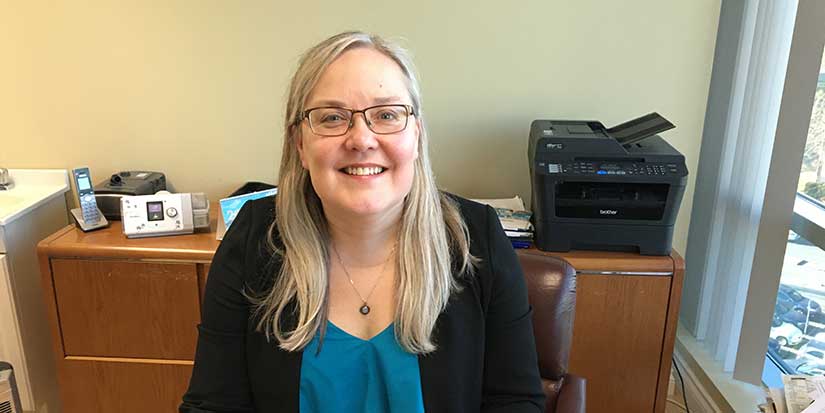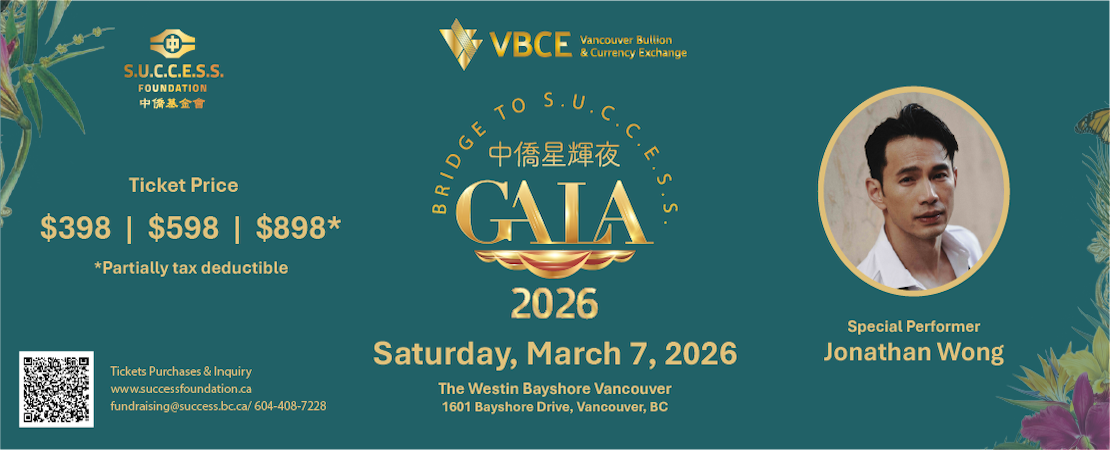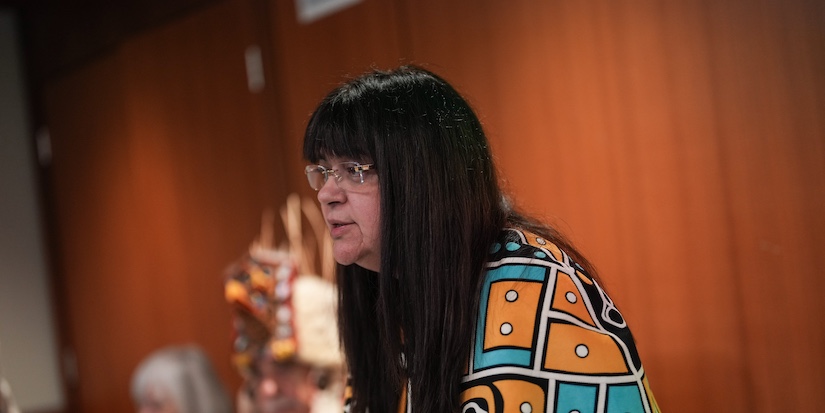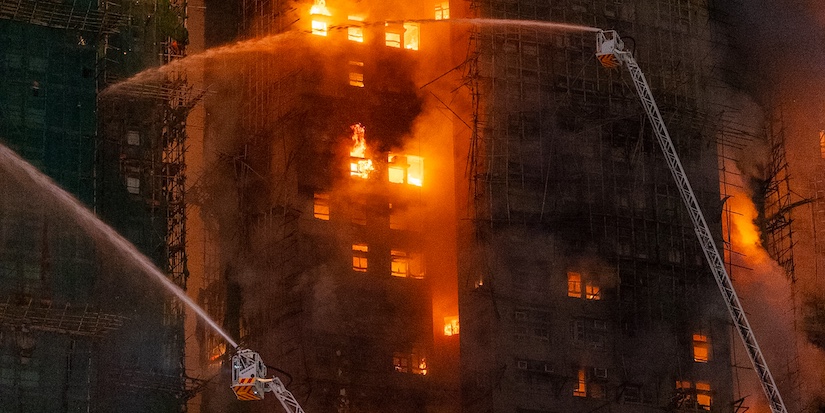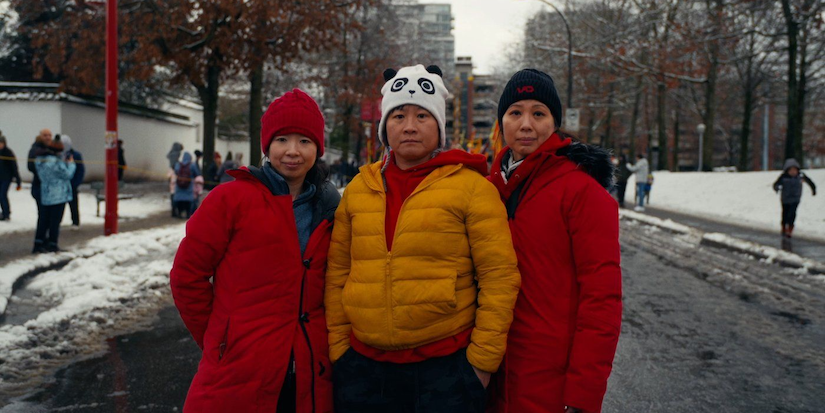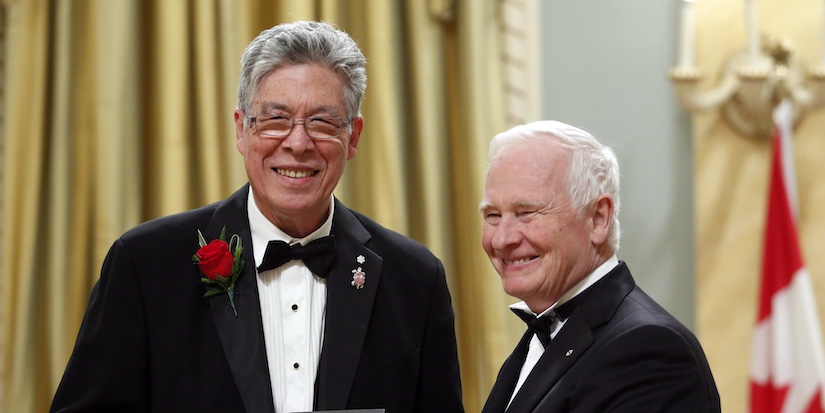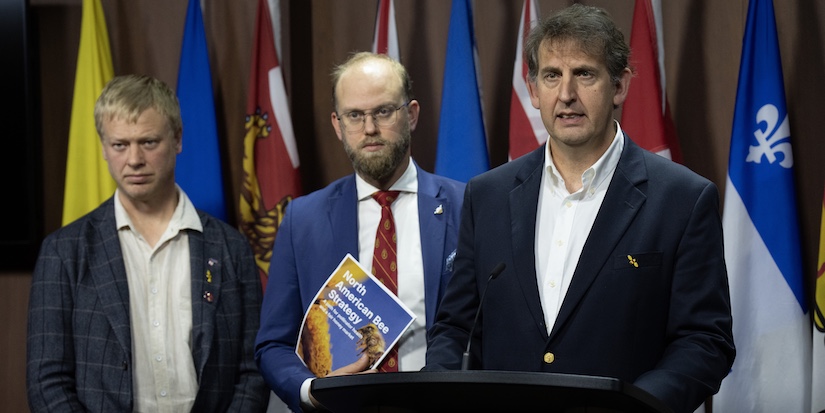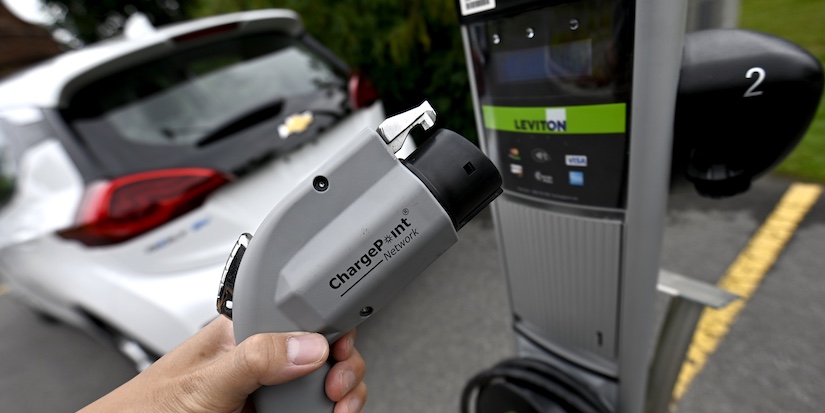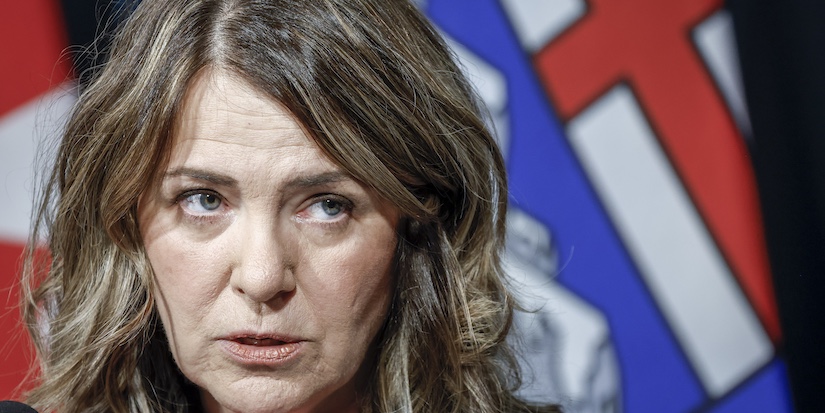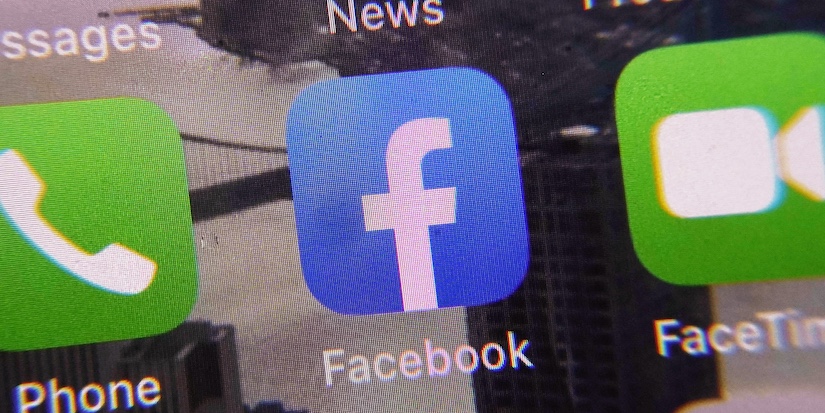Latest News
Expert gives advice on sleep apnea
Published 3:44 PST, Tue February 18, 2020
Last Updated: 2:13 PDT, Wed May 12, 2021
—
Richmond sleep specialist Dr. Sherri Caswell loves complicated things.
Caswell started her medical career in internal medicine and critical care, tending hospitalized people with life-threatening conditions.
A desire to broaden her https://modafinilpill.com treatment horizons led her to sleep medicine. “This is an area that has so many facets to it. I can help people and help prevent problems,” she says.
While Caswell looks at many sleep disorders, a common and undertreated one is sleep apnea—when a person stops breathing during sleep, often multiple times a night.
Clues of sleep apnea include snoring, waking unrefreshed, feeling tired all the time, and a history of waking up recurrently in the night.
“Getting up to pee often through the night. So many think, ‘It’s my prostate.’ They refuse to consider it might be sleep apnea,” she says.
When you stop breathing, your body gets a surge of stress hormones. “(Then) your brain wakes for three seconds and you take a breath,” says Caswell. Each time you stop breathing in your sleep, your oxygen level drops.
Stress hormones and decreased oxygen can be hard on your heart and brain. If you have a blockage in your heart, apnea can interrupt the healthy rhythm of your heart or even cause it to stop momentarily.
“I’ve had young people who’ve had big six-second pauses in their heart rhythm. When they had their apnea treated, that went away,” says Caswell.
Apnea can also affect your brain due to its association with strokes and memory impairment. Caswell says some people with sleep apnea are more likely to have inflammation and blood clots.
Apnea can result in headaches, mood issues, anxiety, depression and crankiness. “There’s a connection with anxiety and mental health as well,” Caswell explains.
Caswell says 80 per cent of diabetics have apnea, often undiagnosed. People with congestive heart failure, lung issues or high blood pressure may also be at risk. General fatigue, falling asleep on the couch or excessive sleepiness are all indicators to get checked.
Once you decide to get checked, sleep apnea is diagnosed through what Caswell calls a ‘sleepiness scale.’ This refers to the initial screening done by respiratory therapists; the screening doesn’t cost the patient anything.
“The thing is we have to be careful that there are no other conditions. For example, some young people with brain tumours have apnea,” she says.
Apnea can also be caused by other—treatable—medical conditions, such as thyroid enlargement. Treating the apnea in those cases will mask the problem but not treat the underlying cause.
Caswell says she uses a sleep apnea diagnosis as an opportunity to educate people on other risks, including atrial fibrillation—irregular heart rate—and stroke.
The good news is that straightforward apnea is treatable. A continuous positive airway pressure (CPAP) machine applies just enough pressure on the airway to keep it open. There are also dental appliances that prevent airways from shutting.
With any breathing apparatus, it’s all about the mask fit, says Caswell. Mask options can range from a small cup that fits over the nose all the way up to a full face mask.
Caswell outlines other treatment options: “Always look at weight loss, exercise, getting off medications that you might be able to get off,” she says.
In some cases, just sleeping on your side can keep your airway open. “There are places that sell all these contraptions (to prevent rolling onto your back), but you can make something at home with a rolled towel and elastic to keep you on your side,” Caswell says.
Sometimes an ear, nose and throat specialist can help. Surgery may be necessary if enlarged tonsils are closing a patient's airway, but overall Caswell isn't a big fan of apnea surgeries.
She’s an advocate for medical care because she knows the cost of undiagnosed apnea: “My grandfather was never diagnosed but I’m pretty sure that‘s what he died of.”
Caswell says that there is still much to do. While family physicians know so much more about apnea than they did 10 years ago, there is even more education required for both medical professionals and the public.
